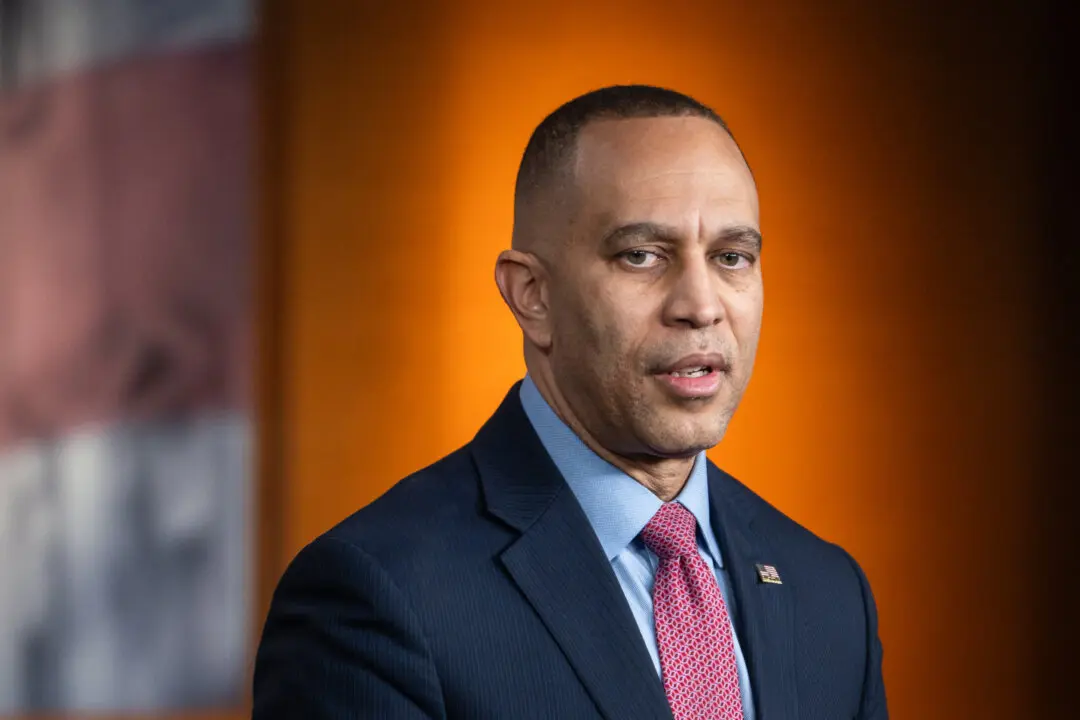Federal judges on Friday rejected the Trump administration’s request for an en banc review—a hearing before the full court—to rehear its appeal to reinstate funding cuts on nonprofit organizations providing legal services to unaccompanied illegal immigrant children.
The case follows a March 21 lawsuit filed by 11 nonprofit legal service providers, challenging the administration’s move to terminate a contract with the Acacia Center for Justice, through which they received funding to offer legal representation to illegal immigrant children who entered the United States without a parent or guardian.





